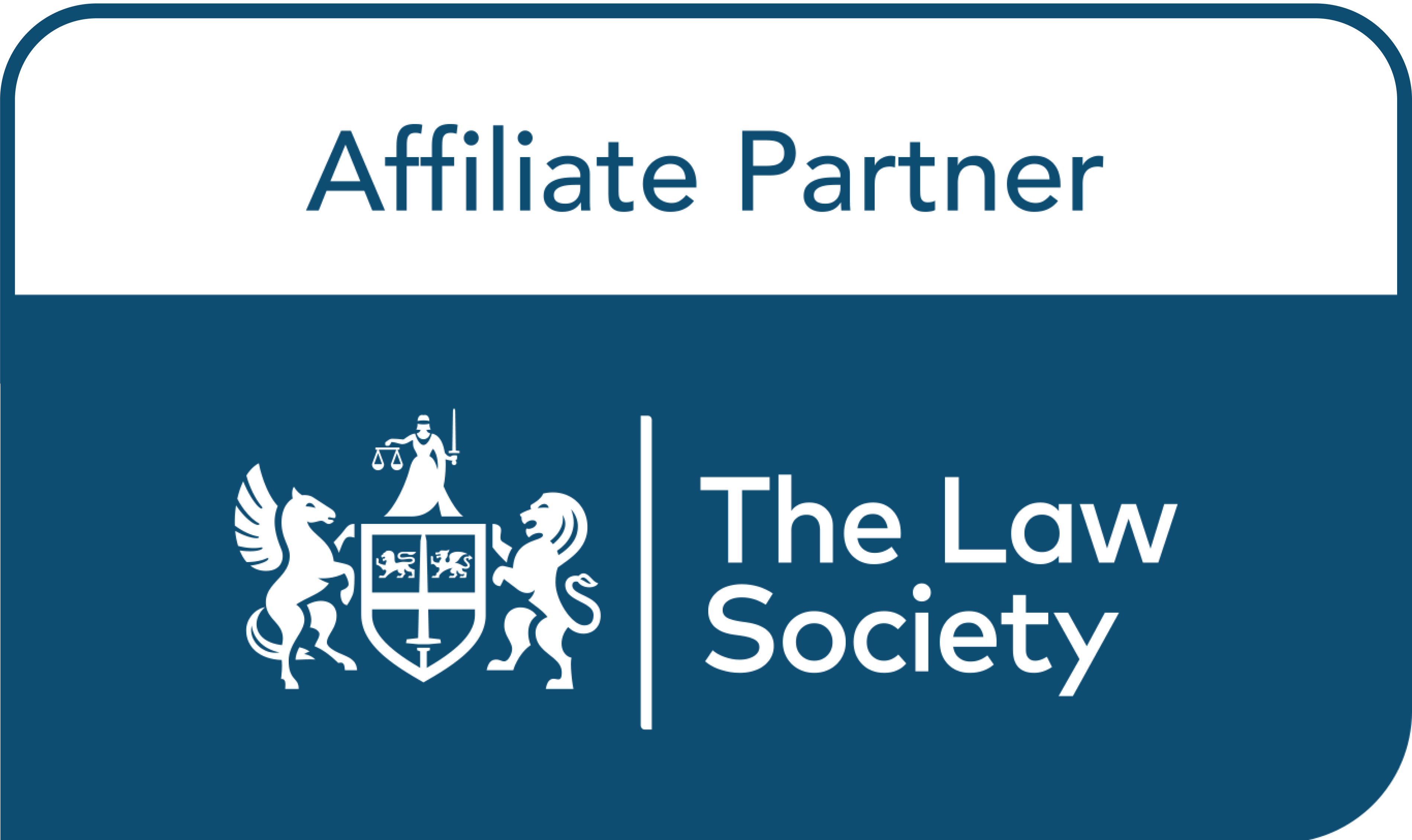
Protect your law firm: Tips, tricks and traps in legal cashiering
11/07/22When we talk about protecting our law firms, it’s usually from external threats – fraud, copyright, theft, the list goes on. However, when it comes to legal cashiering specifically, often the real enemy comes from within, with internal financial complacency representing the real Achilles heel in your business.
The legal industry is built upon trust. You wouldn’t hand over your money to someone you don’t believe to be absolutely reliable, and legal cashiering is no different. That’s why it’s your duty to get to grips with all the tips, tricks and traps that will ensure you’re always on the right side of the law, and never let your law firm’s reputation take a hit.
Why is legal cashiering so important?
The key thing to remember is that legal cashiering is a specialised discipline, and as such must not be overlooked. The process of legal cashiering ensures that law firms are managed with legal standards in mind from top to bottom, and prevents firms from finding themselves on the wrong side of the law due to avoidable negligence.
Many firms don’t understand how important it is to get this right, and that’s down to some common industry myths which need to be understood for exactly what they are – myths.
Busting the myths of legal cashiering
Myth 1: Legal cashiering is the same as any other book keeping. Anyone can do it!
If you believe this, then you’ll always fall short of the mark. Legal cashiering is a complex and meticulous process requiring specialised, expert knowledge to perform properly. You wouldn’t hand over any other department to someone with only limited experience, so why would your cashiering be any different? Don’t let someone who doesn’t have the full range of qualifications handle your legal cashiering, or you’ll encounter inevitable (and avoidable) problems down the line.
Myth 2: Getting it wrong can’t be that bad, can it?
Small mistakes can have big consequences. What might seem like some minor administrative bother that can be swept under the rug could lead to some pretty major impacts to you and your law firm. And when hefty fines come your way, can you afford to take the hit? Even with money aside, how will your reputation of trust ever recover after being investigated for financial misconduct? An HMRC investigation might feel like a case of ‘this only happens to other people’, but that feeling will quickly dissolve when you get a knock at the door.
How bad can things get?
It’s important to understand what the risks of insufficient legal cashiering are to fully understand why you need to do it properly. So here are some of the main consequences of getting things wrong.
Incorrect records
If your record keeping isn’t up to scratch, then not only can this lead to legal implications, it will also cause internal disorganisation throughout your business, resulting in endless logistical headaches.
Investigations
If you miss a few deadlines or your numbers aren’t adding up, then people will soon notice. This can lead to HMRC and other similar bodies opening an investigation into your firm which, as you can imagine, is the start of a very slippery slope.
Fines
The SRA recently announced that they are increasing fines from £2,000 to £25,000 for firms that don’t reach the expected level of professional standards. Do you want to be one of them?
Loss of trust
Fines can be paid and investigations can be passed, but rebuilding trust following either of those things is a much harder task. In such a trust based industry, the last thing you need is for your law firm’s reputation to be stained forever over insufficient bookkeeping.
Theft
Lose control of your records, and you lose control of your money. Unfortunately, this leaves you open to theft from clients and employees alike. Tight and efficient legal cashiering ensures everything is logged and accounted for, protecting both you and your clients.
Closure
The ultimate fear of any law firm is closure, and rightly so. Whilst this is often the last resort, closure can happen, and all it takes is a gradually snowballing administrative problem in your finances.
The quickest way to get shut down is trying to do your own legal cashiering. Still considering it? Think again.
Don’t risk it
A qualified legal cashier is the only proven way to ensure that your firm operates in a legal, responsible manner. There are endless examples of times where law firms have disregarded legal cashiering as something that doesn’t need to be taken seriously. Every time, those examples have ended in serious legal repercussions.
Want to learn more about the importance of legal cashiering, and how to keep your law firm running smoothly? Download our essential guide to legal cashiering today.
FAQs
What is a legal cashier?
A legal cashier is responsible for keeping track of financial records for a law firm. Their job is to ensure that everything abides by SRA regulations and that all records are immaculate.
Should I outsource legal cashiering?
Legal cashiering is a specialist role that requires expertise to perform. If you don’t outsource your legal cashiering and attempt to do it yourself, or have under-experienced employees have a stab at it, you will almost certainly fall short of professional standards. Don’t risk it.
Is a legal cashier an accountant?
Accounting is an aspect of legal cashiering. However, not all accountants are equipped with the necessary skills to perform a legal cashiering role. This is why finding someone specific for the task is vital if you want the job to be done properly, and up to the necessary SRA standards.
More from our blog

15th February
It’s a wrap: January recap and rebrand
Having returned to work rested and recuperated after the Christmas break, we’ve gotten straight into business mode in January, and completed a major phase in our integration into Dye and Durham by rebranding our digital and physical assets.

25th January
Four ways to help your team embrace new technology
Our new top tips cover choosing technology that solves your team's problems, involving your team in the decision, training everyone thoroughly in the new software and phasing in the new system.

18th December
A year in Quill: 2023 under review
In our 2023 review, we thank you for another successful year in business and take you on a trip down Memory Lane.



